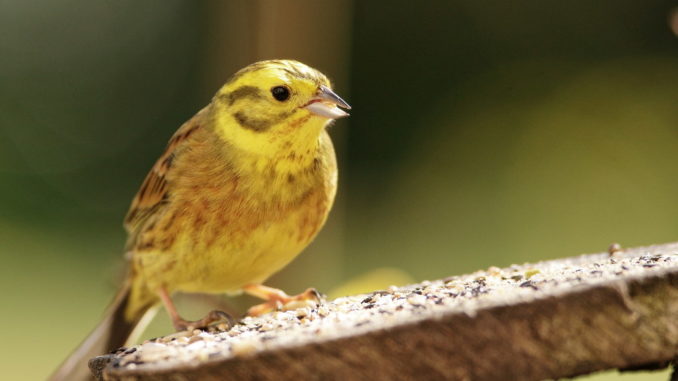
The North York Moors National Park Trust is examining the development of a project to boost habitats for Yellowhammer, Song Thrush, Redstart and Turtle Dove, which have seen significant declines due to farming practices.
A report to the national park authority states all four species rely on “edge habitat”, nesting in woodland edges or thick hedgerows, but feeding around field margins of arable land.
Long-term monitoring carried out by the British Trust for Ornithology shows the Song Thrush population declined by more than 50 per cent between 1970 and 1995 and the decline was most pronounced on farmland, where the population decreased by about 70 per cent.
Meanwhile, Yellowhammer species has declined by 50 per cent over the last 25 years and has been “red listed” by the RSPB, highlighting its status as an endangered species within the UK.
Over four years, the £250,000 project would support and increase the population of these species, through targeted interventions working with land managers and the local community.
The initiative would aim to build upon the award-winning National Lottery Heritage funded project Only Two Turtle Doves, that the park authority, which is set to end in April.
Since 2017, the authority has carried out conservation work to secure and enhance habitats of Turtle Doves, which breed in the North York Moors over the summer before migrating back to Africa .
One aim of the Turtle Doves scheme has been to ensure there are suitable plants for seed to eat throughout the summer and clean supplementary seed in spring to help the birds reach breeding condition quickly once they arrive back following migration.
While the trust is expected to lead bids for funding for the new four species initiative, it would add to the externally funded conservation initiatives which the authority has actively sought to increase in recent years, particularly since its government grant was cut.
Since 2015, 14 out of the 15 external funding applications led by the park authority have been successful, totalling £8.4m of income to the authority.
An authority spokesman said: “The recent high success rates and the growth in external funding as a proportion of our income, has been a direct result of decisions in the 2012 Business Plan to shift the culture of the organisation and to actively manage how the authority develops externally funded projects and earned income generation across the breadth of its work.”


Be the first to comment